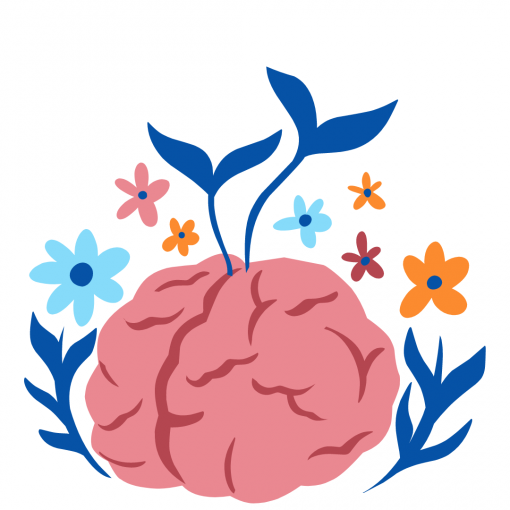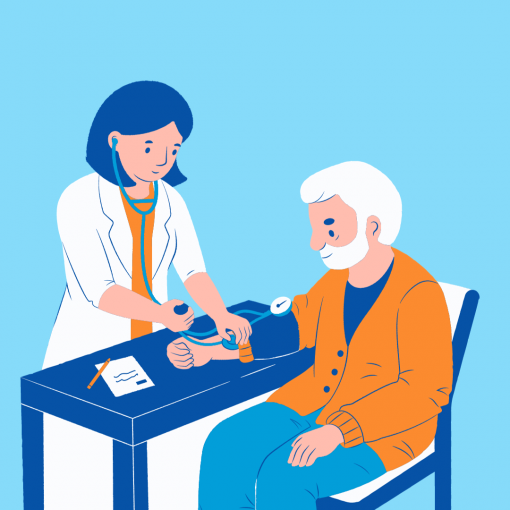Your Brain on Drugs
The human brain is an intricate symphony of neural activities that control our thoughts, emotions, and behaviors. However, this orchestration can be halted with the introduction of various drugs. In this blog post we will explore the effects of drugs on the brain and the wide range of consequences faced by an individual’s mental and physical health.
Alteration of Neurotransmitter Activity
- Modifications to neurotransmitter activity is at the core of drug-induced changes. Neurotransmitters are chemical messengers responsible for sending messages or signals between nerve cells. Neurotransmitters are needed for many functions including heart rate, breathing, sleeping, digestion, mood, concentration, appetite, and muscle movement. Drugs often interfere with the chemical balance of neurotransmitters by altering or mimicking the messengers.
Rewiring Neural Circuits
- Tolerance and dependence can be caused by the rewiring of neural circuits due to repeated drug use. The brain is prompted to adapt from prolonged exposure to drugs which hinders its responsiveness to the substance over time. In turn, higher doses are often needed to achieve the same effects of the drug. By taking more and more of a substance, it can lead into the cycle of addiction and dependence.
Impact on Brain Structure
- The actual physical structure of your brain may also be altered from drugs. Studies have linked chronic drug use to changes in the size and function of several regions of the brain. One area, for example, is the hippocampus which controls memory and learning. Prolonged alcohol consumption can lead to the hippocampus shrinking in size which in turn leads to impaired memory and learning abilities. Understanding these changes can provide insight into the
Mental Health Implications
- Mental health is profoundly impacted by drug use. There is a frequent association between mental health disorders, such as anxiety and psychosis, and substance use. Research shows that more than one in four or 25 percent of adults living with a serious mental health problem also have a drug use problem. With exposure to drugs, individuals are at a higher risk of an increase or development of a mental health disorder.
Long-Term Consequences
- The long-term implications of drug use extend far beyond the period of consumption. Many impairments may persist even after the halting of substance use. Some examples include cognitive impairments, memory deficits, and increased susceptibility to mental health problems. By looking at the enduring effects of drug use, the importance of early intervention and rehabilitation is emphasized.
Understanding the effects of drugs on the brain is crucial to understand the hinderances it may cause. Not only do drugs play a role in physical health, with the alteration of the brain and chemicals, it also impacts mental health. By recognizing the effect of drugs on neurotransmitter activity, neural circuits, brain structure, mental health, and long-term health, the importance of education and prevention is made greater. A deeper understanding of the effects of drugs is crucial to fostering informed decision-making and promoting overall health.




